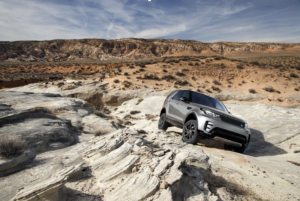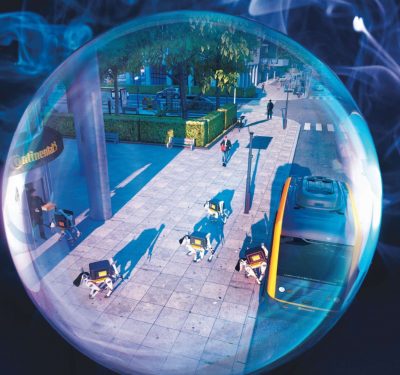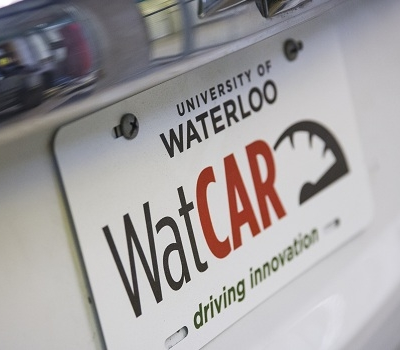
Jaguar Land Rover recently announced its CORTEX project, which aims to develop autonomous vehicles that are capable of all-terrain off-road driving in harsh weather conditions, including rain, ice, snow or fog.
To make this happen, the team is engineering a “5D” technique combining acoustic, video, radar, light detection and distance sensing (LiDAR) data live in real-time, according to a news release. Access to this combined data will improve the car’s awareness of the environment it’s driving in. Machine-learning enables the self-driving car to handle various weather conditions on any terrain.
“Self-driving is an inevitability for the automotive industry and ensuring that our autonomous offering is the most enjoyable, capable and safe is what drives us to explore the boundaries of innovation,” said Chris Holmes, Connected and Autonomous Vehicle Research Manager for Jaguar, according to the release. “CORTEX gives us the opportunity to work with some fantastic partners whose expertise will help us realize this vision in the near future.”
Jaguar Land Rover is developing fully- and semi-automated vehicle technologies and offering customers a choice of the level of automation.
CORTEX will create the technology through algorithm development, sensor optimization and physical testing on off-road tracks in the UK. The University of Birmingham, which has done research in radar and sensing for autonomous platforms, and Myrtle AI, machine learning experts, are also part of the project.
CORTEX was announced as part of Innovate UK’s third round of Connected and Autonomous Vehicle Funding in March.






